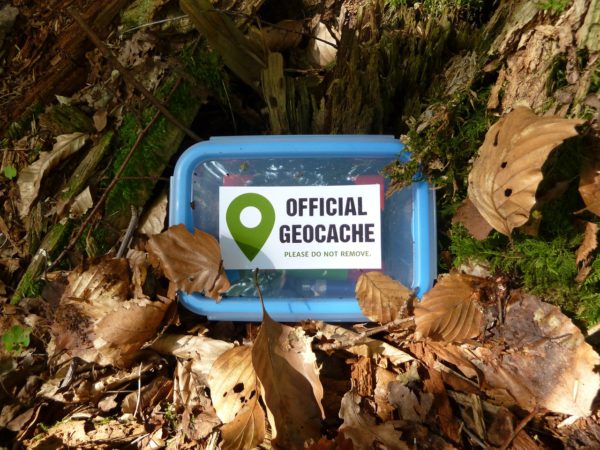
I recently wrote about the reasons you should not consider your graduate school advisor to be your mentor too. That discussion naturally begs the question of how you go about finding mentors. The use of the plural is conscious and intended, by the way. While it is appealing to imagine finding a single, lifelong mentor to help guide you through the years, the reality is that you will probably need a series of mentors (possibly several at once) to help steer the course of your career as you develop and evolve. There are two general strategies to finding mentors: formal and informal. We will start with a discussion of the formal route and follow up on the informal approach later.
Many formal programs exist to match up willing mentors with prospective mentees. These often function rather like dating services. Both parties post profiles, mentees browse for a suitable mentor and request a connection through the service. The requested mentor then has the opportunity to accept or decline.
The big plus of formal programs is that you know you are looking for a mentor a in pool of people with a declared interest in being one. Of course, that comes with the drawback of a limited pool size. The structure a formal program provides can also be helpful if you are new to the entire concept of mentorship or do not have the greatest faith in your social skills.
Finding a formal program you can join may or may not be easy. The primary places to look are your alumni associations and professional organizations. Here are a few examples:
Unfortunately, none of these, nor any program I am currently aware of, is generally open to physicist at all career levels. I am currently working within the American Physical Society to get a physics mentorship program started. Until that happens, it would be great to hear about other programs that might be useful to physicist in the comments.

The APS IMPACT Mentoring Program
In the fall of 2014, I attended a special workshop the American Physical Society (APS) held to discuss new ways of engaging with the industrial physics community. APS headquarters understands that while the vast majority of physics graduates go into “industry” (i.e. everywhere expect colleges, universities, and national labs), very few of these industrial physicists are active in the APS. There is a strong desire to change that by offering more value to industrial physicists.
As a strong believer in mentorship, I proposed that the APS start a formal mentorship program to help students and young professionals find successful industrial physics mentors. My suggestion was adopted and I have worked with APS headquarters ever since to get a program going. The Industrial Mentoring for Physicist program (branded as IMPACT) has facilitated over 100 matches in the first year and a half of operation. Now is an excellent time to find a mentor and get one-on-one guidance. Participation requires an APS membership, but student membership is free or cheap.
IMPACT: Industry Mentoring for Physicists